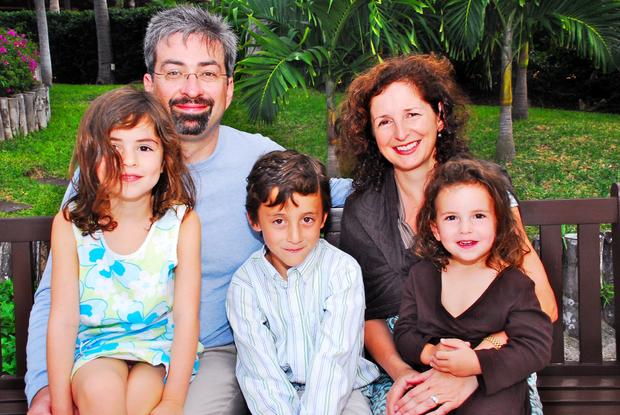Why a CEO quit the "best job I ever had"
What do you do when you finally land your dream job? If you're Silicon Valley CEO Max Schireson, you quit.
In a blog post titled "Why I am leaving the best job I ever had," Schireson announced he was leaving his role as head of the billion-dollar data firm MongoDB to spend more time with his wife and three children, CBS News correspondent John Blackstone reports.
"As a male CEO, I have been asked what kind of car I drive and what type of music I like, but never how I balance the demands of being both a dad and a CEO," Schireson wrote.
Schireson's post adds a different perspective to an ongoing conversation in corporate America.
Wharton Business School professor Stew Friedman says it struck a nerve, since men traditionally don't speak about the conflicting demands of home and work life.
"He did what a lot of people are thinking about and that is to make a choice to change his career in a way that fit better with the real needs of his life as a whole, his family in particular," said Friedman.
In 2012, Princeton Professor Anne Marie Slaughter ignited a discussion after she wrote an article for "The Atlantic" titled, "Why Women Still Can't Have It All."
"The minute I found myself in a job that is typical for the vast majority of working women (and men), working long hours on someone else's schedule, I could no longer be both the parent and the professional I wanted to be," she wrote.
And when PepsiCo CEO Indra Nooyi was asked last month to share her thoughts on whether "women can have it all" she responded, "the biological clock and the career clock are in total conflict with each other, so we're screwed... we cannot have it all!"
Schireson's post marked the first high-profile example of a male joining the female-dominated "have it all" conversation.
"Young men are thinking that they want to be fully engaged in family life and they expect have a spouse who's fully engaged in her career," said Friedman.
Of his wife, a professor and doctor at Stanford, Schireson said he was "forever in her debt for finding a way to keep the family working despite my crazy travel. I should not continue abusing that patience."
Today, women make up 47 percent of the labor force -- a number likely to keep sparking conversations about the changing role of fatherhood.
